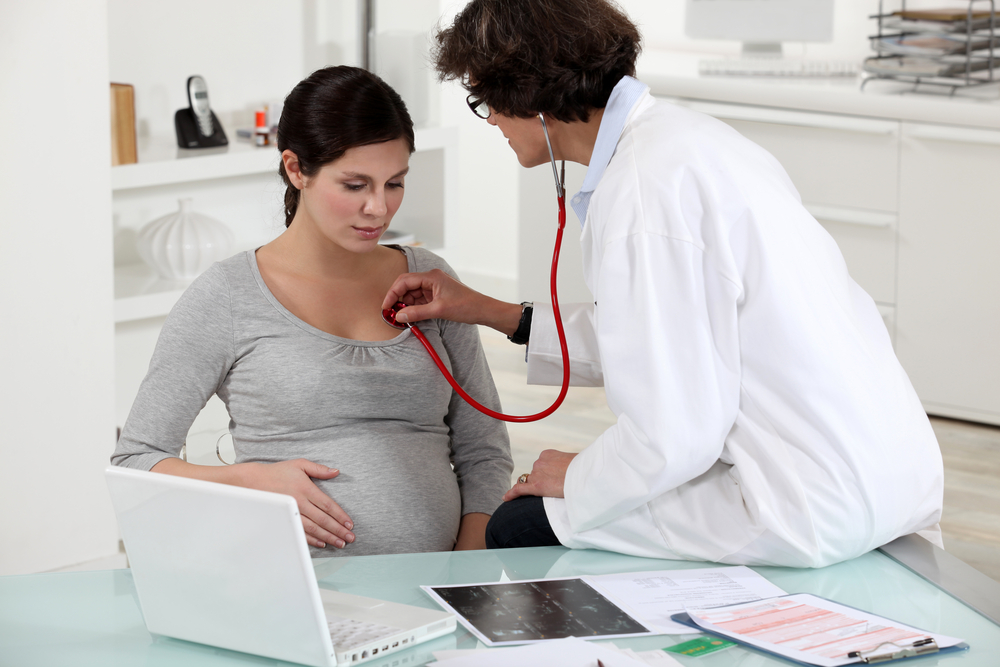Stress During Pregnancy Linked with Preterm Births

Babies born to women who experienced a lot of stress during pregnancy may have worse health than those born to less-stressed women, according to a new study from the Netherlands.
Results show that women reporting high levels of stress — as measured on a scale of depression and anxiety symptoms — were more likely than other pregnant women to deliver low-birth-weight babies.
Additionally, about 7 percent to 8 percent of the depressed or anxious women had babies who were born pre-term, compared with 5 percent to 6 percent of women without these symptoms, the study showed. While the difference may seem small, the difference is clinically relevant given the life-long effects that pre-term birth can bring, the researchers said.
"Babies from pregnant women reporting both high levels of anxiety and depressive symptoms are at highest risk," said study researcher Eva Loomans, a psychologist at Tilburg University.
Support for these women could help prevent long-term health consequences for their children, Loomans said.
It is normal to experience some form of stress during pregnancy, Loomans said, but studies show that about 25 percent of women experience "psychosocial" stress, which interferes with their daily life and functioning. It is this type of stress that contributes to worse outcomes for infants, she said.
In the study, Loomans and her colleagues looked at data gathered from 7,700 women who had taken part in the Amsterdam Born Children and Their Development study. When they were about 16 weeks pregnant, the women filled out a questionnaire about their mental health, and the researchers later followed up with questions about their babies.
Sign up for the Live Science daily newsletter now
Get the world’s most fascinating discoveries delivered straight to your inbox.
Previous studies looking at the link between stress during pregnancy and babies' health had been inconclusive, Loomans said.
In the new findings, the link held even when the researchers took into account factors that could affect a baby's birth weight or likelihood of being born pre-term, such as a mother's age, ethnicity and smoking.
The researchers grouped the women in the study based on the causes of their stress; for example, some reported job strain, while others reported worries about their ability to parent. "However, it did not seem to matter whether they were unemployed or reported moderate job strain," Loomans said. In any case, babies born to women with symptoms of both anxiety and depression were most likely to be born small or early.
If further research replicates and strengthens the findings, she said, routinely screening pregnant women for stress could bring better health for babies. "The emphasis should lie on screening for anxiety and depressive symptoms."
The study was published online July 31 in the European Journal of Public Health.
Pass it on: Pregnant women under the most stress seem most likely to deliver low-birth-weight babies, according to a Dutch study.
This story was provided by MyHealthNewsDaily, a sister site to LiveScience. FollowMyHealthNewsDaily on Twitter @MyHealth_MHND. We're also on Facebook & Google+.

World's first baby conceived with 'automated IVF' has been born
Man gets sperm-making stem cell transplant in first-of-its-kind procedure









